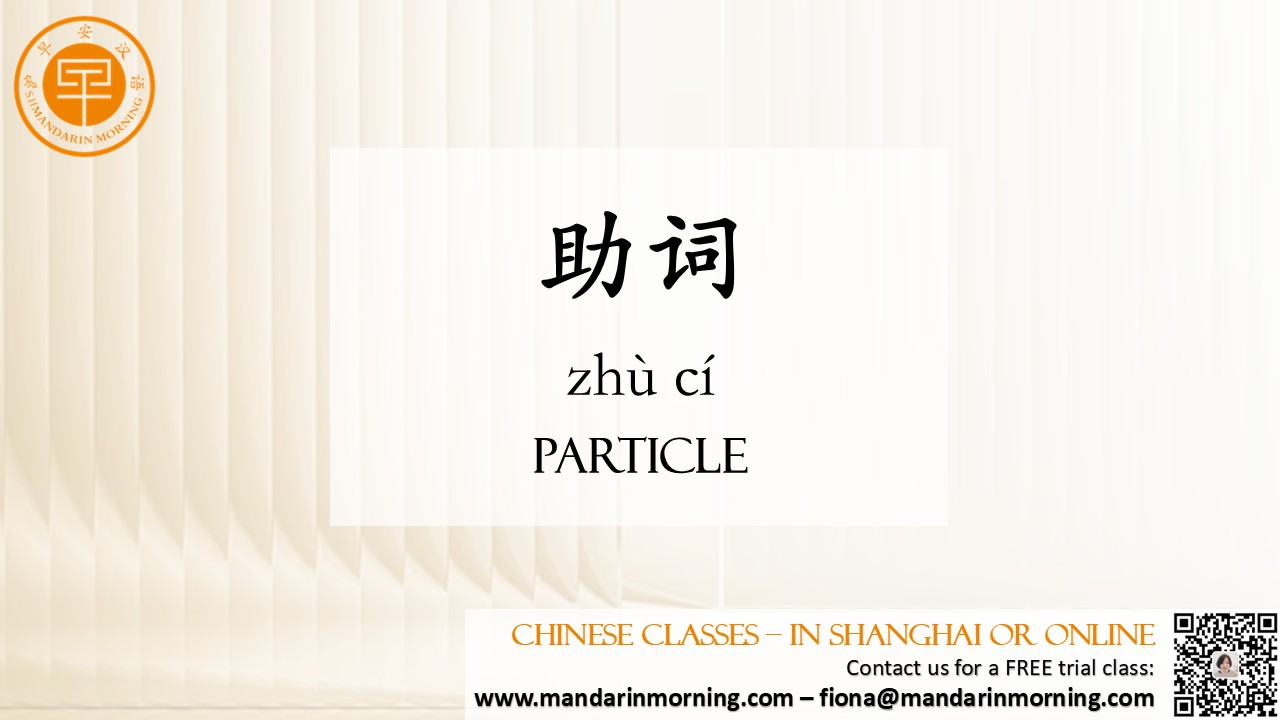| Have you ever mastered a perfect Chinese sentence from your textbook, only to find that real-life conversations still feel a bit stiff? You’re not alone. The secret to moving from textbook Chinese to natural, flowing conversation often lies in mastering a few tiny but powerful words: sentence particles. These particles are the emotional and contextual glue of the Chinese language. They don't have a direct English translation, but they add nuance, tone, and feeling to your sentences. Today, let's demystify the "Big Three": 吗 (ma), 吧 (ba), and 呢 (ne).  1. 吗 (ma) – The Simple Question Marker This is usually the first particle students learn, and for good reason! Attaching 吗 (ma) to the end of a statement is the easiest way to turn it into a simple "yes/no" question. Statement: 你是学生。 (Nǐ shì xuéshēng.) - You are a student. Question: 你是学生吗? (Nǐ shì xuéshēng ma?) - Are you a student? 2. 吧 (ba) – The Softener for Suggestions and Assumptions This is where you start to sound truly natural. 吧 (ba) softens your tone, turning a firm statement into a friendly suggestion or a polite assumption. It conveys a sense of "probably," "let's," or "I suppose." As a Suggestion: Without 吧: 我们走。 (Wǒmen zǒu.) - We are leaving. (Can sound like a command). With 吧: 我们走吧。 (Wǒmen zǒu ba.) - Let's go. (Sounds much more collaborative and friendly). As an Assumption: Without 吧: 你是老师。 (Nǐ shì lǎoshī.) - You are a teacher. (A direct statement). With 吧: 你是老师吧? (Nǐ shì lǎoshī ba?) - You're a teacher, right? / I assume you're the teacher? (Sounds polite and less presumptuous). 3. 呢 (ne) – The Context Connector This versatile particle is used to bounce a question back, continue a topic, or indicate an ongoing state. It often means "and how about...?" or "and...?" To Ask "How About You?": This is its most common and useful function. A: 我很好。你呢? (Wǒ hěn hǎo. Nǐ ne?) - I'm fine. And you? B: 我很忙。你呢? (Wǒ hěn máng. Nǐ ne?) - I'm busy. And you? To Indicate an Ongoing Action or State: A: 我的钥匙在哪儿? (Wǒ de yàoshi zài nǎr?) - Where are my keys? B: 你的钥匙在桌子上。我的呢? (Nǐ de yàoshi zài zhuōzi shàng. Wǒ de ne?) - Your keys are on the table. Where are mine? To Soften a "Where is...?" Question: Without 呢: 妈妈在哪儿? (Māmā zài nǎr?) - Where is mom? (Can sound abrupt). With 呢: 妈妈呢? (Māmā ne?) - Where's mom? (Sounds more natural and casual). Why Mastering Particles is a Game-Changer Using 吗, 吧, and 呢 correctly shows that you understand not just what to say, but how to say it. They add a layer of politeness, curiosity, and ease to your speech that textbooks alone can't provide. Start by consciously adding one of these particles to your practice sentences each day. Listen for them in movies and conversations. You'll be amazed at how this small step makes a huge difference in sounding like a natural Chinese speaker! |